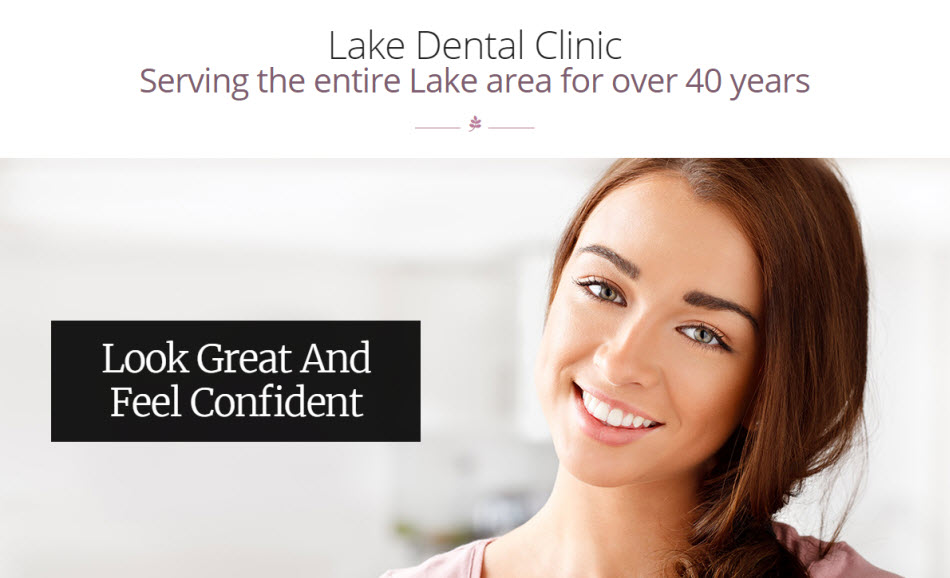Brush Your Teeth at Least Twice a Day
When you eat, bacteria builds up on your teeth, leaving a thin film that eats away at the enamel. Brushing your teeth regularly will help remove this film. As you age, it’s especially important to brush away bacteria that forms around old fillings and receding gums.
Brush with a soft-bristled brush and fluoridated toothpaste at least twice a day. Brushing after every meal is even better. As you brush, keep the toothbrush bristles angled against the gum line, being sure to clean the inner and outer surfaces of each tooth. Brushing your tongue will help remove even more bacteria from your mouth.
Floss Your Teeth Every Day
As important as brushing your teeth is, your toothbrush can’t reach between teeth where bacteria can hide. Flossing will help keep your gums strong and prevent plaque build-up, minimizing your likelihood of developing gum disease. Floss your teeth once a day, preferably before bed. Flossing is the best way to remove plaque from between your teeth and below the gum line.
Eat Healthy, Balanced Meals
Did you know that some foods may actually defend against tooth decay? Antioxidants and other important nutrients found in fruit, vegetables, legumes, and nuts can improve your body’s ability to fight inflammation and infection. In addition, there are certain foods that provide an added benefit to your teeth and gums. If you’re having trouble trying to decide what to snack on, try these:
- Cranberries. Studies have shown that eating fresh cranberries prevents bacteria from bonding to your teeth.
- Calcium fortified foods. Calcium-fortified juices, milk and other dairy products help promote healthy teeth and bones. Cheese provides calcium that mixes with plaque and sticks to teeth, protecting them from decay and helping to rebuild tooth enamel.
- Fruits and vegetables. Crisp fruits and veggies like apples, carrots, celery, and radishes will naturally clean your teeth and freshen your breath.
Visit Your Dentist Regularly
The health of your mouth often mirrors the health of the rest of your body. Regular dental check-ups are important for treating and diagnosing dental problems before they become serious, but they are also a way of maintaining good overall health. Unless you are concerned about your oral health, a cleaning and check-up every six months should be all you need.
Lake Dental Clinic has been serving the Camdenton area for more than 40 years. We are committed to helping you achieve optimal oral health now and far into the future. Give us a call today to schedule your appointment.
